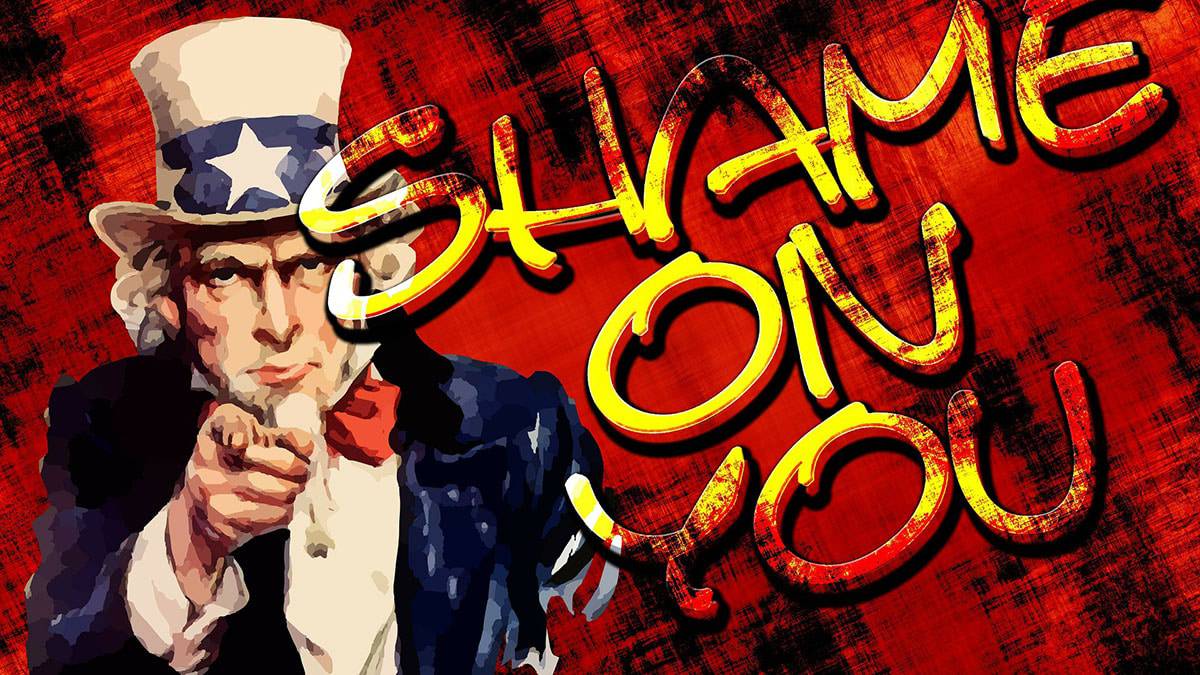This is a text automatically translated from Italian. If you appreciate our work and if you like reading it in your language, consider a donation to allow us to continue doing it and improving it.
Content index
Many of you have asked us for an opinion or even just reported it the news of Brave That would have been taken with the hands in the cookie jar. At least this is what passes among enthusiasts and also among those who, as often happens, only read the headlines of the news and then get an idea. In Italy it is also the fault of highly followed sites like this who relaunched it with terrible clickbaits. For the record: that is a site that contains, according to theDuckDuckGo app, the beauty of 312 tracking codes ಥ_ಥ. So what is it this story of Brave and gods referral code?
Let's go in order, hoping not to make too many enemies and to make you understand something. Let's start by telling you something: the news you read on Brave, almost everywhere, it's exaggerated It is probably even not entirely accurate.
What is this Brave story: what really happened?
It happened that for who had enabled it in the settings of Brave the “autocomplete suggestions” (which are enabled by default when you install the Browsers) when he wrote the domain binance.us (and others) in the address bar suggested the site with a referral code. It was presented as if it were a site already visited but Nothing it prevented us from continuing to type the e-mail address go directly to binance.us.
So It's not true that he redirected traffic as we have read almost everywhere, but rather he suggested a link.
What happened if you went to that link? In reality nothing to the user, it's a simple affiliate link and whoever signed up on Binance with that code he would have brought 'x' euros into the pockets of the authors of Brave. Nothing else. No damage to privacy or stolen data. This at least assures Eich and, for now, there is no reason to think otherwise. Finally, the author of Brave, after various shitstorms from all over the world, apologizes for the mistake.
To give you an example: something more or less similar happens when they are used some !bang Of DuckDuckGo.
If you go up DuckDuckGo and in fact you write “!to shoes” you will automatically search for the word shoes on Amazon. If you look in the address bar it appears &tag=duckduckgo-20. There's nothing wrong with it, it's a referral code and it is one of the ways to earn on the internet without tracking people.
Was it a mistake to do it that way? Surely. Was it perhaps an immoral or somehow incorrect move? Likely.
Was so much fuss necessary? Probably not.
This is what happened, no more, no less. Everything else is clickbait more or less veiled. It's the reason why we're writing this article: too many have shared the news in an exaggerated manner. It's not wrong to relaunch the news, it's wrong to twist it this way. Words are important and to say that Brave was redirecting users secretly is serious. If he had done it seriously we would be the first to cry scandal.
The real problem with what happened, in our opinion, is that the suggested sites must not be enabled by default but must be a user's choice (and that is what has in fact been changed). This is the news, not alleged secret and hidden redirects.
Why all these tattered clothes, then?
So let's try to understand why many people were so angry: in our opinion it is a story that comes from "far away" and that is not just about this news.
Let's start from some assumptions that perhaps not everyone knows: in the world Open source and free software there is often ridicule against those who don't follow etiquette. Many times projects arise from other projects (Fork) precisely due to internal discontent or different visions. Anyone looking from the outside usually doesn't understand anything: there are often dozens of projects that are the same but different at the same time.
It's like this: It's the good and the bad of free software. Nice because it is free (free as in freedom), bad because from the outside you don't understand each other Nothing.
Beyond this there are more or less fan bases fierce. For example, Firefox fans often say "either Firefox or nothing else" dismissing projects like Brave. These quarrelsIn our opinion, they are only good for Chrome. People who don't follow these discussions hear too much background noise and turn away worried, preferring the serenity of a lasting project And maternal as can Google Chrome. The goal should be sharing projects (both are concerned about privacy) not constant attacks on who is more pure and just than the other. An example: if you go on forums/groups dedicated to privacy and say that you use Brave and not Firefox you mostly receive insults.
And this is one of the reasons why it was born TheAlternatives. Explain complicated realities in simple words. AND suggest valid compromises despite the fact that they are often criticized by those who are more attentive to purity of the project.
Brave and cryptocurrencies
In all this chaos Brave he literally enters straight leg with a Browsers decidedly out of the ordinary: the project is entirely Open source but he has his own idea about online advertising. Wants protect users from the invasive one replacing it with its advertisements which do not track the user.
It is therefore a for-profit project: and this is where the first light bulb. There second turns on when Brave actively participates in cryptocurrencies creating it one of his with which pays users to see your ads.
There is nothing illegal, but cryptocurrencies are always a bit suspicious and the projects around them are often a bit murky. More Brave very willingly advertises sites like eToro who trade online. And in online trading unfortunately there are often people who loses a lot of money and who believes in easy money. Instead, these are ad investments high risk, if you are not an expert in the sector the best thing is to stay away from it.
Third light bulb: one of the creators of Brave is Brendan Eich, also known for being the author of JavaScript. It was also the chief executive Of Mozilla until it was discovered that in 2008 he made some dlnations, around 3000$, (his, not the Mozilla foundation) to support a law against gay marriage. Many in the environment have "tied their fingers" over this matter. He is certainly a person with whom we would not willingly go out to dinner, the judgment on Brave, however, must go beyond this and we should talk about the merits of the issue without carrying any grudges towards questionable personal opinions. What happens instead on the internet, as you can imagine, is the exact opposite.
What's this about Brave? Part of a war against Eich
In short three light bulbs (there are certainly others that we do not mention because they are perhaps less important, such as the fact that the project is based on Chromium) which leave many with various doubts, especially ethical rather than practical ones. The problem arises when due to personal doubts one rides waves of indignation for more or less trivial reasons. Brave is in fact a project Open source and its code is public e available to anyone on GitHub.
Here comes our last doubt: does anyone actually look at the codes every now and again? Or many, more likely, have noticed this affiliation but they saw no harm in it? Why that code it appears to have been added in mid-April.
All this to tell you that much of the bile poured out towards Brave is most likely due to these three light bulbs and not to the news itself. What makes you smile a little is the ipocrisy of those who see ethical problems in Brave and to counteract it, he uses decidedly unethical methods such as clickbait and/or dozens of banners with tracers.
We wanted to write this article precisely because we believe in the importance of not hiding anything but at the same time not shouting it. Talk about what happened without (apparent) scandals, trying to give as impartial an opinion as possible.
For our part, in case no further updates are released, we will continue to propose it as a great alternative to Chrome for beginners. It always remains Firefox our first choice especially for those who want to fiddle around with the settings a bit. But for those who are unable or unwilling to install plugins, extensions and modify strange configurations, Brave in our opinion it remains at the moment a good compromise.
If you appreciate the article, as always, we ask you to share it with anyone who may have sent you the link on the "Brave scandal". Or if someone asks you: “What's this about Brave?” you know which article to send him!
Join communities
If you have found errors in the article you can report them by clicking here, Thank you!







